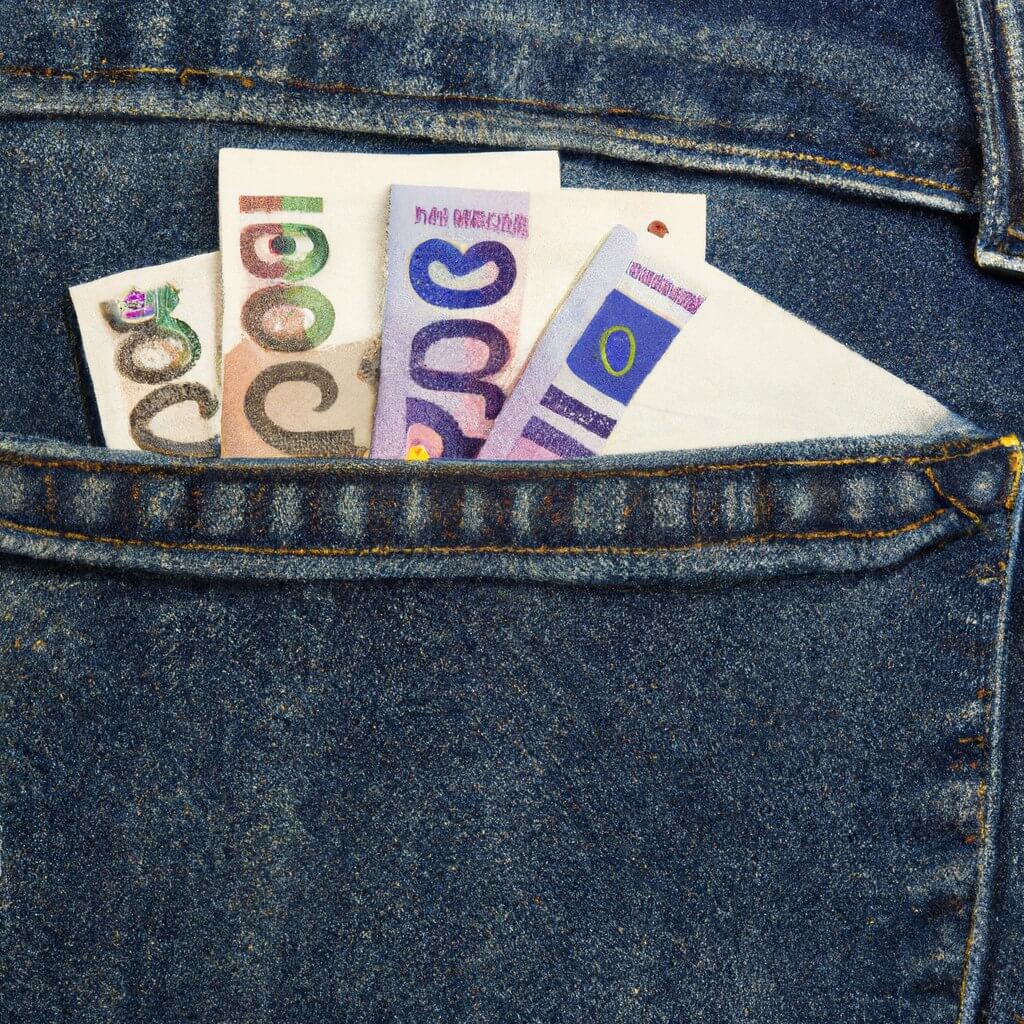
Traveling to Europe may seem like a dream beyond reach for students, but it is not impossible to achieve. These 15 tips will help you to travel in Europe on a student budget and make it fun too!
Plan your budget
Calculate your finances so that you are aware of your travel budget. Also, remember that the euro is not the main currency in all European countries.
Do your research
Europe offers many places to see. Do you need a visa to Europe? The visa for Schengen and non-Shengen countries is different. Include the visa expenses in your budget. Research will help you understand an estimate of your average travel expenditure.
Choose an affordable destination
It is important to shortlist the European countries which are affordable for students. Take into account the cost of the travel, accommodation, food, and visits to tourist sites. Eastern European countries are usually cheaper options. Also, countries such as Germany are affordable for students. Your expense will depend on the place you choose to travel.
Travel during off-peak season
Yes, you read that right. The peak seasons in Europe are the summer months (July, August) and December. There are more tourists visiting Europe then and the prices usually hike up. This means that you will spend more on flights, food and accommodation.
Book flights and trains early
Booking flights a few months before your travel can be a big saver. Sometimes you may get some good offers and discounts.
When inter-railing in Europe, it is best to book trains in advance. Trains in Europe may be expensive if you delay your bookings.
Save on accommodation
Choose affordable stay options such as hostels, couch surfing, and home-stays. You can find hostels online; sometimes you can book for free and pay when you get there.
Couchsurfing allows you to stay on a host’s couch for free. In return, you might have to help with some chores. The host is usually a local and offers to show you around. The drawback here is that the place may not be clean, comfortable, or verified.
Of all the budget stay options, homestay is the one you want to consider. Homestays have options to suit different budgets. Some homestays can be cheaper than hostels. Plus, homestays include meals, laundry, and room cleaning. You can find homestays on websites that verify their hosts. Your belongings are safer in a homestay than in a hostel. In homestays, you stay with the locals and experience the cuisine, culture, and language. Your homestay host may also show you around for free and guide you through your travel.
Be insured
You may not realize the importance of travel insurance, but it is more useful than you think. Be prepared for unexpected situations when planning your Europe trip. Medical expenses and other circumstances without insurance can be quite high. Investing in travel insurance is a good idea. It saves expenditure on flight cancellations or any emergency.
Transportation
Public transport such as buses, trams, and trains prove to be cheaper than taxis. You can also hire a bike and cycle through cycle lanes. You can travel from one Schengen country to another using a bus or train. Some countries also have a car share website. You can share the ride at reasonable rates and also get to meet new people.
Avail student discounts
European countries offer student discounts at places, events, and public transport. Remember to carry an ID proof and your international student identity card.
Look for free events and places
You will find free events and tourist sites across Europe that have no entry fees. Some free events also give free food.
Eat affordable
Avoid eating at expensive restaurants and pubs. You will find a Spar in most European countries and it has different reasonable food. Some Spars also have a place to sit and eat. You can also buy meal packs from local supermarkets. You can also look for cafes that have discounted meals or early bird offers.
Travel light within Europe
Travel with a backpack or a cabin luggage within Europe. Most inter-European budget flights will allow only a carry-on. You do not want to pay for extra luggage while on a student budget.
Carry a bottle
This may sound lame, but you can save money if you have your own water bottle. Buying water in Europe is sometimes more expensive than alcohol. You can refill your water bottle at public water filters.
Download maps
Usage of internet data packs may cost you a lot. It is best to download maps or carry print-outs before you travel. Some European cities and accommodations will have free Wi-Fi.
Manage your finances
Avoid unnecessary expenses and excessive shopping. Keep a diary with you so that you can track your daily expenses.
Remember and practice these tips to make your Europe trip affordable